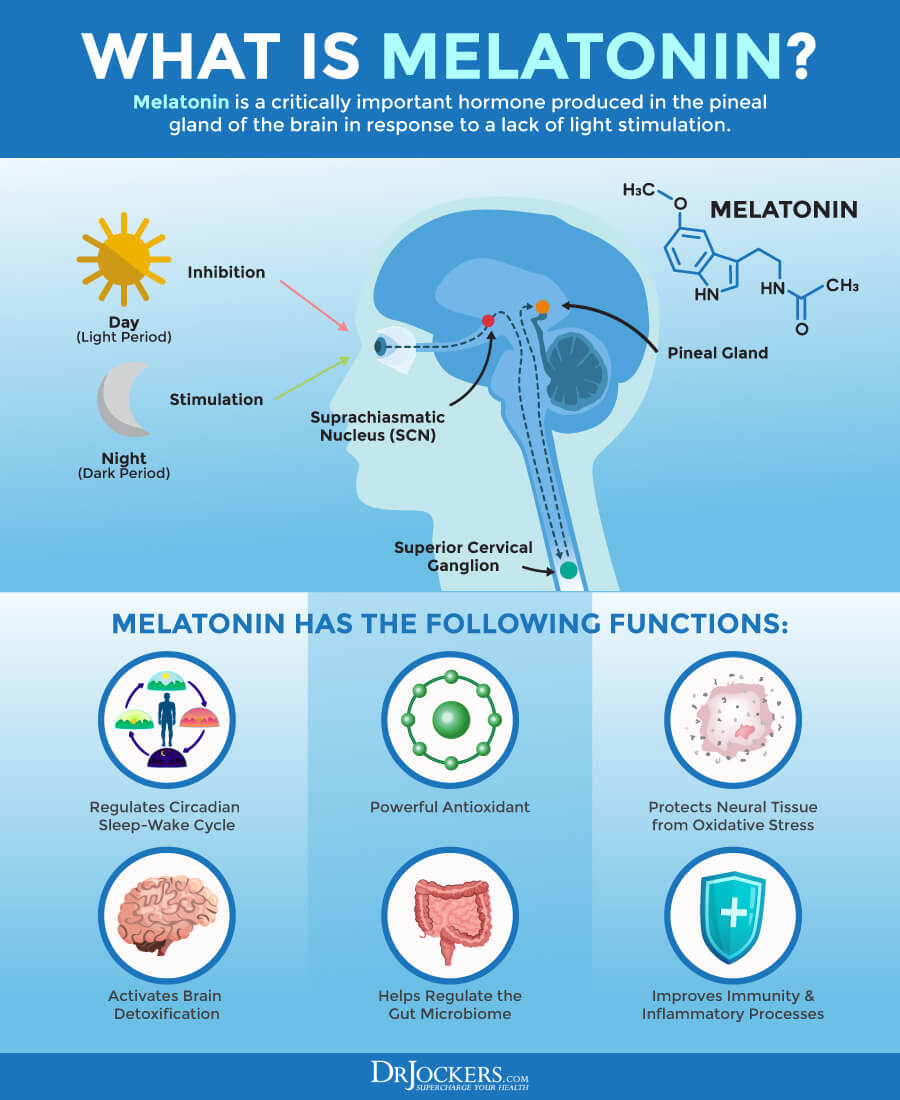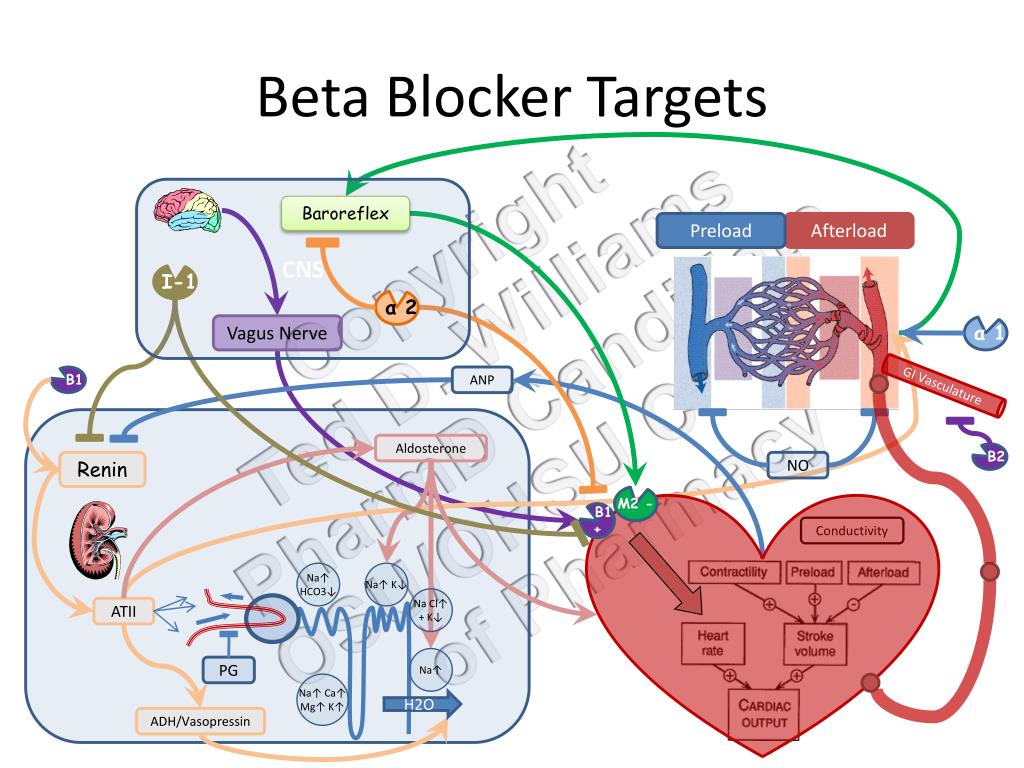Melatonin and Heart Health - The Hidden Risks of Long-Term Use
:max_bytes(150000):strip_icc()/Melatonin-side-effects-7068990_txt_final-29e3d836062d4aed9a5fdaff03dfdc61.png)
The Dark Side of a Popular Sleep Aid

Millions of people reach for melatonin supplements every night, hoping to catch a few more Z's. But what if your sleep aid is secretly putting your heart at risk?
Melatonin supplements are widely used for sleep support, and it's easy to see why. They promise a good night's sleep without the harsh side effects of prescription sleep aids. But recent studies are raising some red flags about the long-term cardiovascular safety of melatonin.
What's the Link Between Melatonin and Heart Health?
Research suggests that prolonged melatonin use may be linked to an increased risk of heart failure, hospitalization, and even death. One study found that taking melatonin for more than a year significantly increased the risk of cardiovascular disease. Another study discovered that melatonin users were more likely to end up in the hospital due to heart-related issues.
These findings are concerning, especially since melatonin is often perceived as a harmless supplement. But don't panic just yet - experts emphasize that more investigation is needed to fully understand the potential risks.
What Do Experts Say?
Experts urge caution, highlighting the need for further research into the potential risks of long-term melatonin use. Some key concerns include:
- The impact of melatonin on blood pressure and cardiovascular disease
- The potential interaction between melatonin and other medications
- The lack of regulation in the supplement industry
Until more is known, it's crucial to talk to your doctor before starting melatonin supplements, especially if you have pre-existing heart conditions.
What's Behind the Risks?
Imagine a supplement that's been touted as a sleep savior, only to potentially become a heart hazard. That's the unsettling reality researchers are grappling with when it comes to long-term melatonin use. A recent study found that adults taking melatonin for over a year had 90% higher odds of heart failure. That's a staggering statistic that's left many wondering what's behind this potential link.
The Strain on the Heart
Long-term melatonin use may strain the heart, increasing the risk of cardiovascular problems. This isn't entirely surprising, given the crucial role the heart plays in our overall health. When we're not getting enough sleep, our hearts are working overtime to keep us going. Add melatonin to the mix, and it's possible we're putting extra pressure on this vital organ.
Uncovering the Mechanisms
The exact mechanisms behind melatonin's potential impact on heart health are still unclear. Researchers suspect potential links to underlying heart conditions, which could be exacerbated by long-term melatonin use. Some possible explanations include:
- Interactions with medications that affect heart health
- Changes in blood pressure or cardiovascular function
- Underlying conditions that contribute to both sleep issues and heart problems
More research is needed to tease out the relationship between melatonin and heart health. Until then, it's crucial for individuals to discuss their supplement use with their healthcare provider, especially if they have pre-existing heart conditions.
The Complexity of Melatonin's Role

Melatonin, the sleep-promoting hormone we're all familiar with, plays a much more complex role in our bodies than just regulating our sleep-wake cycles. Research has shown that it might have a significant impact on heart health, particularly in people with heart failure.
Studies have found that melatonin could help protect the heart from damage caused by lack of blood flow (ischemic injury) and oxidative stress, which can both contribute to heart failure. For example, some animal studies have shown that melatonin can reduce the size of heart attacks and improve heart function after a cardiac event.
Some researchers think melatonin might even have therapeutic benefits in treating heart failure. It's thought that melatonin's antioxidant properties could help reduce inflammation and cell death in the heart, which could slow down the progression of heart failure. In fact, a study published in the Journal of Pineal Research found that melatonin supplements improved heart function in patients with heart failure.
However, the relationship between melatonin and heart health is still not fully understood, and more research is needed to determine the long-term effects of melatonin use on the heart. Here are some key areas that need further investigation:
- The optimal dosage of melatonin for heart health benefits
- The impact of long-term melatonin use on cardiovascular risk factors
- The potential interactions between melatonin and other heart medications
As we wait for more research to come in, it's clear that melatonin's role in heart health is more complex than we thought. If you're considering taking melatonin supplements, it's a good idea to talk to your doctor about the potential risks and benefits, especially if you have any underlying heart conditions.
What You Can Do
So, you're taking melatonin to catch some Z's, but have you ever stopped to think about the potential risks? Don't get me wrong, it's not all doom and gloom, but it's definitely worth considering. If you're one of the millions of people who rely on melatonin to get a good night's sleep, it's time to take a step back and assess your options.
Talk to Your Doctor
First things first: consult your doctor before taking melatonin, especially if you have underlying heart conditions. Your doctor can help you weigh the benefits and risks and determine the best course of action for your specific situation. For example, a study found that people with cardiovascular disease who took melatonin experienced changes in blood pressure and heart rate. Your doctor can help you monitor these potential side effects.
Monitor Your Sleep Patterns
Keep track of your sleep patterns and adjust your routine to minimize reliance on supplements. Try keeping a sleep diary to see how melatonin is affecting your sleep quality. You might be surprised at how quickly you can become dependent on it. By monitoring your sleep patterns, you can identify potential issues and make changes before they become major problems.
Explore Alternative Sleep Aids
There are plenty of alternative sleep aids you can try. Here are a few options:
- Cognitive behavioral therapy (CBT) for insomnia
- Relaxation techniques like deep breathing or progressive muscle relaxation
- Yoga or meditation to calm your mind and body
These alternatives might take some time to figure out, but they're worth it in the long run. By finding a more sustainable solution to your sleep problems, you can reduce your reliance on melatonin and minimize potential risks.
The Bottom Line

As we dive deeper into the world of sleep aids, one thing becomes clear: the long-term effects of melatonin on heart health are still a bit of a mystery. We know it's popular – millions of people around the world use it to catch those z's – but what does that mean for our hearts?
Let's break it down. Some studies suggest that melatonin might actually have some benefits for heart health, like lowering blood pressure and reducing inflammation. For example, a study published in the Journal of Clinical Hypertension found that melatonin supplementation decreased systolic blood pressure by about 5 mmHg. But here's the thing: most of these studies are short-term, and we just don't know what happens when you take melatonin for months or even years on end.
What We Don't Know
That's where the uncertainty comes in. Some researchers worry that long-term melatonin use could have unintended consequences, like disrupting the body's natural rhythms or interacting with other medications. It's a bit like playing a game of dominoes – we might not see the effects right away, but that doesn't mean they're not there.
So, what's the takeaway? Here are a few things to keep in mind:
- Melatonin's long-term effects on heart health are still unclear
- Caution and awareness are key when using sleep aids
- A balanced approach to sleep support is crucial – don't rely on supplements alone
Staying informed about the latest research and consulting with healthcare professionals can help you make the best decisions for your sleep – and your heart. It's all about finding that balance and being mindful of the potential risks.














Comments ()